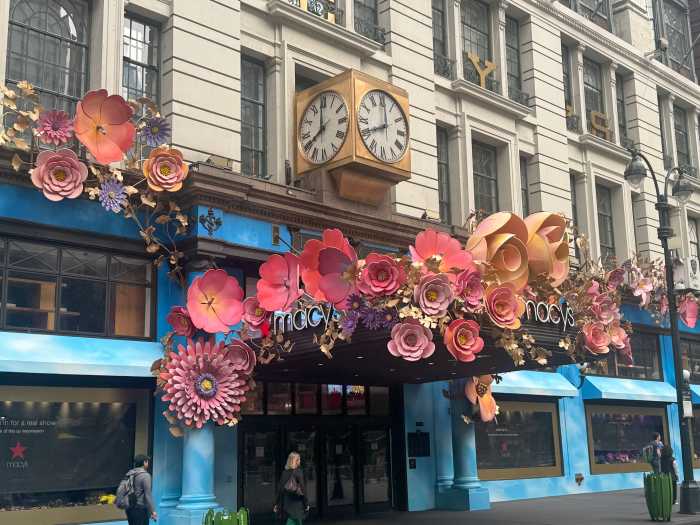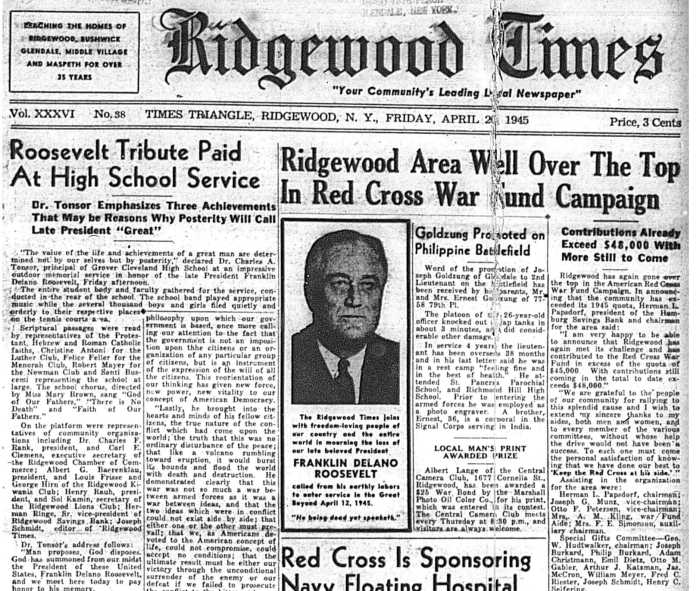“Their Finest” ticked a lot of boxes for British actor Bill Nighy. The script was funny, the plot was romantic and it was directed by Lone Scherfig, who he’d been wanting to work with for a while. “And I love the idea of a woman in 1940 becoming a screenwriter,” Nighy told amNewYork while discussing the WWII drama set in London.
The woman in question is Catrin (Gemma Arterton), a screenwriter for a government propaganda film in which Nighy’s character, Ambrose, stars.
We recently spoke with Nighy, 67, about the movie, now in theaters.
Why do you think there’s nostalgia for such a traumatic period in history?
I think the nostalgia is for a period where things were simplified by the dangerous situation you were in, and the people yearn to be purified or cleansed of all the usual, petty divisions, and all that static that generally takes place between us.
The film depicts propaganda in a positive light.
Propaganda over the years had got a very bad name, particularly now, obviously. When they did spin it [as they do in the film], they did so to good purpose. Those films were very, very important. They were all that people had. As a collective thing, they were all they had. They didn’t have TV. They had radio, but the films were a huge event…. Although they were built for a purpose, and they were built to keep everybody’s spirits up during a brutal time, and they would deliver certain information about how to conduct yourself in certain situations, keep yourself safe, all those practical things, but they also got around under the most ridiculous conditions to make some really good films that were probably romantic or probably funny or whatever they were supposed to be. Everybody got entertained, which is what I like about this film.
You’ve appeared on Broadway twice now. What’s your relationship with NYC?
I’ve had a wonderful relationship with New York and the long periods I’ve spent here. I’ve done two plays here on Broadway [“The Vertical Hour” in ’06-’07 and “Skylight” in ’15]. They were huge things for me.
It’s so much more satisfying to go somewhere and enter the language for a while because you’re working, and people in New York, they go to the theater. You meet people all over town and they come up and they’ve seen the play. They want to talk about the play. You become part of the community, to some degree. … And because each play takes four or five months, you have an opportunity to really explore and to settle into the city.
Do you have a favorite neighborhood or area of NYC?
I used to stay at The Phillips Club, which is up by Lincoln Center. That’s the part I know best. I love going across Brooklyn Bridge. I like Brooklyn. I like all over town. I love walking up Fifth Avenue. I love Times Square and all of that madness. It’s kind of crazy.
Do you notice a difference between performing on stage in the West End to Broadway?
Broadly speaking, it’s the same experience, but I remember that when I first came to New York, when I walked on stage for my first entrance, [the audience] would clap. The first time they did it, I looked behind me. I literally looked behind me because I thought somebody must have done something because I haven’t. I’ve just walked. I haven’t done anything yet.
But I got used to it immediately. I loved it when they clapped when I’d walk out. They would never do that in a month of Sundays in England. You could wait your whole life and no one is going to clap when you come up, or at least not when I come up.

































